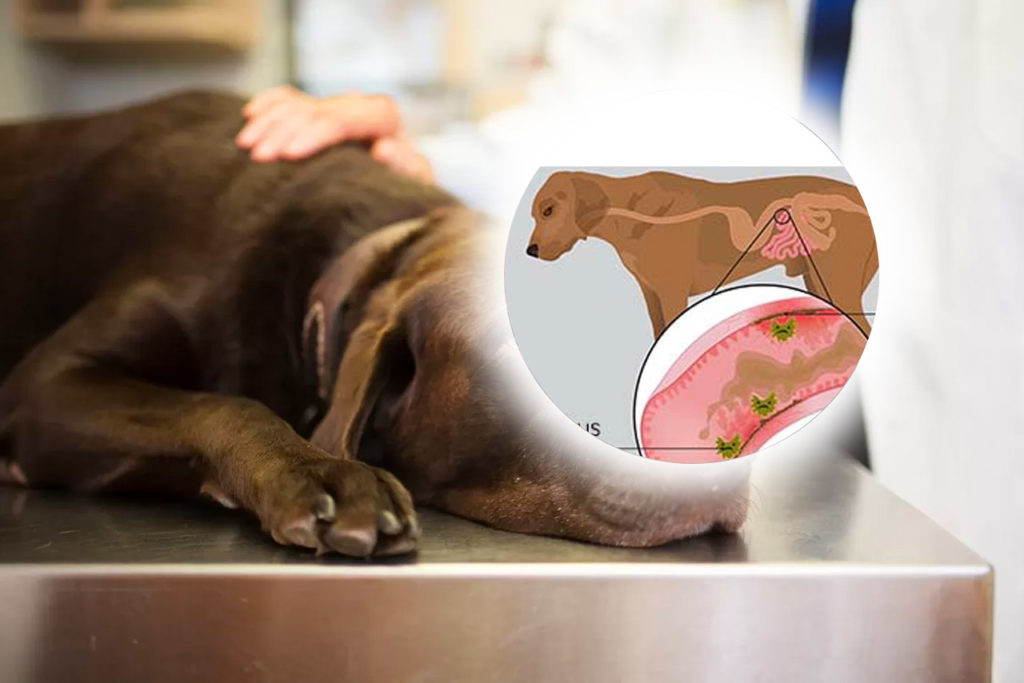Parvo, also known as Canine parvovirus, is a formidable disease that can instill fear in the hearts of dog owners. Although it’s commonly associated with puppies, it can also affect and attack older dogs. If you’re a dog owner wondering whether you need to vaccinate your dog or consider other precautions, this article will provide you with essential information.
Contents
Risks of Parvo to Older Dogs
Parvo tends to affect puppies more frequently than older dogs due to their weaker immunity. Research on the effects of Parvovirus on dogs has found that dogs with acquired immunity—either from their environment, the mother’s immunity (also known as passive immunity), or from routine vaccinations—have a stronger defense against Parvo.
Nursing plays a crucial role in developing a puppy’s immunity. In the first 36 hours of birth, puppies receive their most vital nutrients from colostrum in the mother’s milk, which significantly contributes to antibody development. However, it’s also proven that adult dogs can contract Parvovirus, and it ultimately comes down to their immunity.
How Dogs Contract Parvovirus
Adult or middle-aged dogs who have not been vaccinated, have not developed passive immunity, or have a weak immune system can contract Parvo. This can occur when your dog is exposed to a sufficient amount of the virus that can overwhelm the dog’s antibodies.
A dog health specialist describes the average incidence of a virus with a dog as enough traces to cause the antibodies to slow the fighting process, thus exposing your dog’s immune system to Parvo. Like humans, if there’s a disease, your body will always have a way whereby your immunity will fight it, in other words, a fight between antigens and antibodies. If the virus, which is the antigen load, is powerful and higher, the dog contracts the virus.
The likelihood of your dog contracting Parvo depends on what researchers refer to as the ‘challenge dose.’ This is the amount of the virus your dog has been exposed to and a test on whether your dog has sufficient and robust antibodies to deal with the situation.
Differences between Puppy and Adult Parvovirus
The treatment and symptoms of Parvo are the same for puppies and older dogs. Researchers and pet doctors suggest that older dogs exhibit fewer symptoms compared to puppies, but you need to treat or consult your pet doctor regardless of the symptoms.
The treatment of Parvovirus in older dogs primarily focuses on protection and supportive care against secondary invaders. Dog specialists describe the routine treatment as vitamins plus extra additives filled with antibiotics to protect your puppies against any secondary infection.
Multiple Parvovirus Cases
With many outbreaks, recovering from Parvo once typically gives your dog lifetime immunity. However, not all dogs gain total immunity; some can contract the disease twice or even thrice, which means you should consistently monitor your dog’s health. Even though some theories suggest that older dogs have a more robust immune system, this should not be the case; if you see your dog tired and unhappy, seek medical attention from your pet doctor immediately.
Conclusion
Various research studies have examined when and how the whole concept is true, and their findings all indicate that your older dog is still at risk of contracting Parvovirus. Therefore, you should always be vigilant about your dog’s health.
